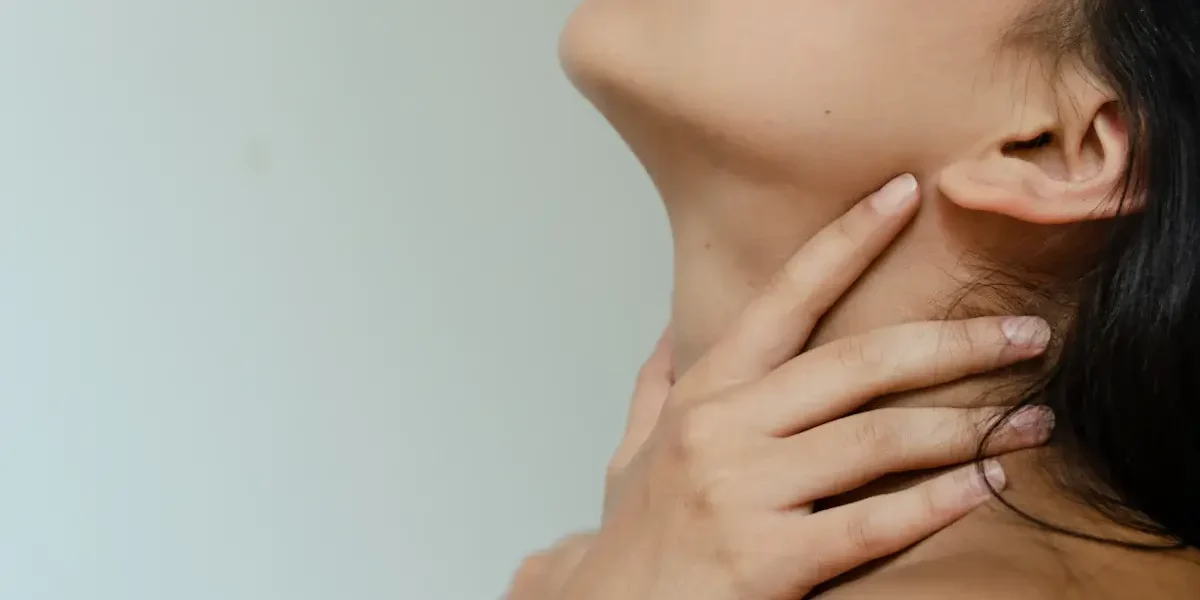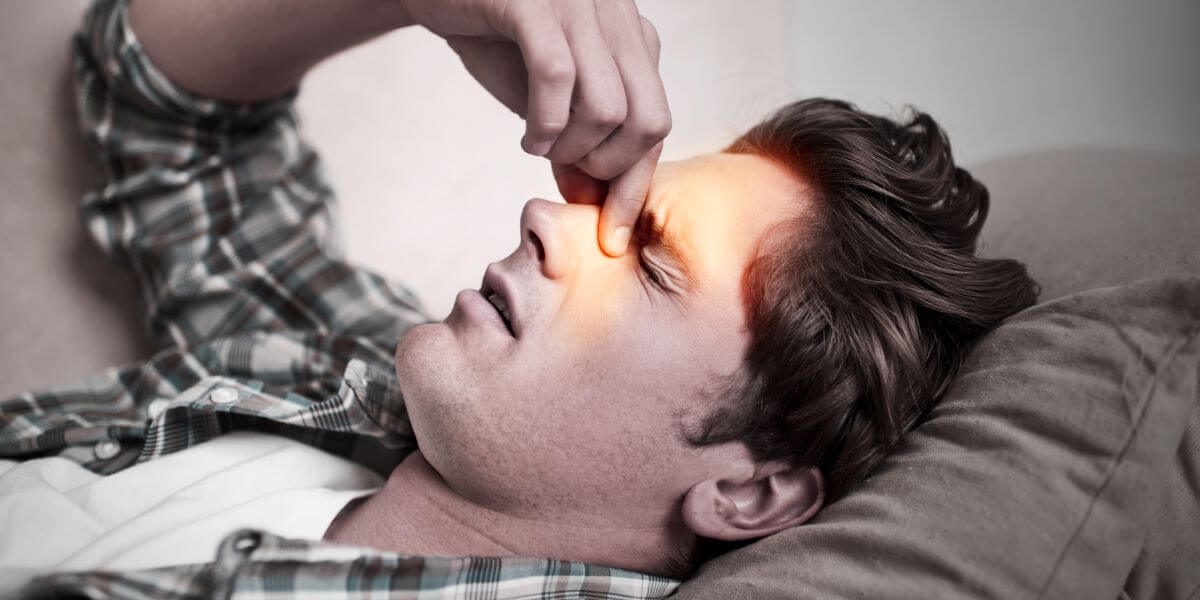
Experiencing hearing loss can be frustrating and isolating. Whether you’ve noticed difficulty understanding conversations, need to turn up the volume more than usual, or feel disconnected from the world around you, it’s important to know that you are not alone. Hearing loss is a common condition, and while it can be challenging, there are many ways to manage and treat it. At Pikes Peak ENT, Allergy & Asthma, we’re here to listen, help, and guide you toward the best solutions for your needs.
Our practice believes in providing compassionate, patient-centered care. We understand that hearing loss impacts not only your ears but your everyday life. That’s why we are committed to treating you with respect, kindness, and understanding every step of the way.
[Image Placeholder: Patient in conversation with a doctor discussing hearing loss options]
What is Hearing Loss?
Hearing loss is a condition where your ability to hear sounds is reduced, either partially or completely. It can affect one or both ears, and the severity can range from mild difficulty in hearing soft sounds to profound deafness, where even the loudest sounds are difficult to perceive. Hearing loss can develop gradually or come on suddenly, depending on its cause.
There are three main types of hearing loss:
- Conductive Hearing Loss: This occurs when sound is blocked from reaching the inner ear. It’s often due to issues in the ear canal, eardrum, or middle ear.
- Sensorineural Hearing Loss: This type results from damage to the inner ear or the nerve pathways to the brain. It’s often permanent and can be caused by aging, exposure to loud noise, or illness.
- Mixed Hearing Loss: As the name suggests, this is a combination of both conductive and sensorineural hearing loss.
Each type of hearing loss requires a different approach to treatment, which is why it’s important to consult with a specialist to determine the exact cause and best course of action.
[Image Placeholder: Diagram of the ear showing areas affected by hearing loss]
Common Symptoms of Hearing Loss
Hearing loss can present in various ways, and many people may not notice the early signs. Being aware of these symptoms is the first step toward seeking help and finding relief. You may experience one or more of the following:
- Difficulty understanding conversations: Particularly in noisy environments, you might find it hard to follow along or ask people to repeat themselves.
- Turning up the volume on devices: Whether it’s the TV, phone, or radio, you may notice you’re increasing the volume more than usual.
- Muffled or distorted sounds: Sounds may seem unclear, making it feel like people are mumbling or that your ears are blocked.
- Avoiding social situations: Struggling to hear can make social interactions exhausting, leading you to withdraw from gatherings or conversations.
- Tinnitus: A ringing, buzzing, or hissing sound in the ears can often accompany hearing loss, particularly with age-related or noise-induced hearing damage.
Common Causes of Hearing Loss
Understanding the causes of hearing loss is essential to finding the right treatment. Many factors can contribute to hearing loss, including:
- Age-related hearing loss: Known as presbycusis, this is the gradual loss of hearing that occurs as we age. It’s the most common cause of hearing loss in older adults.
- Noise exposure: Prolonged exposure to loud sounds, such as machinery, music, or explosions, can damage the delicate structures of the inner ear.
- Ear infections: Frequent ear infections, particularly in childhood, can lead to temporary or permanent hearing loss if left untreated.
- Earwax buildup: While usually harmless, excessive earwax can block the ear canal and affect hearing.
- Head trauma: Injuries to the head can cause damage to the ear or the part of the brain that processes sound.
- Certain medications: Some drugs, known as ototoxic medications, can damage the ears, leading to hearing loss.
Treatment Options for Hearing Loss
Hearing loss can be managed effectively with various treatment options, depending on the cause and severity of the condition. Our team at Pikes Peak ENT, Allergy & Asthma is dedicated to offering a full range of treatments to help restore your hearing and improve your quality of life.
Natural / At-Home Remedies
While hearing loss often requires medical treatment, there are some at-home steps you can take to support ear health and manage symptoms:
- At-home treatment #1: Limit exposure to loud noise: If your hearing loss is related to noise exposure, reducing further damage is crucial. Wear earplugs or noise-canceling headphones in loud environments.
- At-home treatment #2: Keep your ears clean: If you suspect earwax buildup is affecting your hearing, gently clean your ears using a soft cloth or ear drops designed to soften wax.
- At-home treatment #3: Manage ear infections promptly: Seek treatment for ear infections early to prevent long-term damage.
It’s important to note that while these remedies can help, they may not be enough to fully treat hearing loss. Consulting with a specialist ensures you receive the right care for your needs.
Prescription Options
In some cases, medications or medical devices may be recommended to manage hearing loss. Your doctor might suggest one or more of the following:
- Prescription treatment #1: Hearing aids: These small electronic devices amplify sound and are commonly used to treat sensorineural hearing loss.
- Prescription treatment #2: Medications for infections: If an ear infection is causing your hearing loss, antibiotics or other medications may be necessary to resolve the issue and restore hearing.
- Prescription treatment #3: Steroids: In cases of sudden hearing loss, your doctor may prescribe steroids to reduce inflammation and restore hearing function.
Surgical Options
For more severe cases or when other treatments haven’t worked, surgery might be necessary. Surgical interventions can help if your hearing loss is caused by:
- Chronic ear infections: Procedures like inserting ear tubes can drain fluid and reduce the risk of further infections.
- Otosclerosis: Surgery can help in cases where abnormal bone growth in the middle ear interferes with sound transmission.
- Cochlear implants: For individuals with severe sensorineural hearing loss, cochlear implants bypass damaged parts of the ear and directly stimulate the hearing nerve.
[Image Placeholder: Illustration of a cochlear implant and its benefits]
When to See a Doctor
While mild hearing issues can be managed at home, there are times when it’s crucial to see a specialist. If you experience any of the following, it’s time to consult with a doctor at Pikes Peak ENT, Allergy & Asthma:
- Sudden hearing loss: If your hearing suddenly worsens, seek immediate medical attention.
- Persistent ear pain or infections: Ongoing ear discomfort or recurring infections can lead to long-term damage if untreated.
- Hearing in only one ear: If you experience hearing loss in one ear, it could be a sign of a more serious condition, and a specialist should evaluate it.
- Difficulty in everyday conversations: If hearing loss is impacting your ability to communicate, a doctor can help determine the best course of treatment.
If you think you need to see a specialist or want faster, more effective results, don’t hesitate to contact our team at Pikes Peak ENT, Allergy & Asthma. We are here to provide the care and solutions you need to regain your hearing and improve your quality of life.
Take Control of Your Health with Personalized Care
Book an appointment today and let us help you breathe easier, hear better, and live more comfortably with our expert ENT, allergy and asthma care
Sources
- American Academy of Audiology – https://www.audiology.org/
- National Institute on Deafness and Other Communication Disorders – https://www.nidcd.nih.gov/
- Mayo Clinic – https://www.mayoclinic.org/
- Hearing Loss Association of America – https://www.hearingloss.org/
- American Speech-Language-Hearing Association – https://www.asha.org/
- Cleveland Clinic – https://my.clevelandclinic.org/
- WebMD – https://www.webmd.com/
- Johns Hopkins Medicine – https://www.hopkinsmedicine.org/

